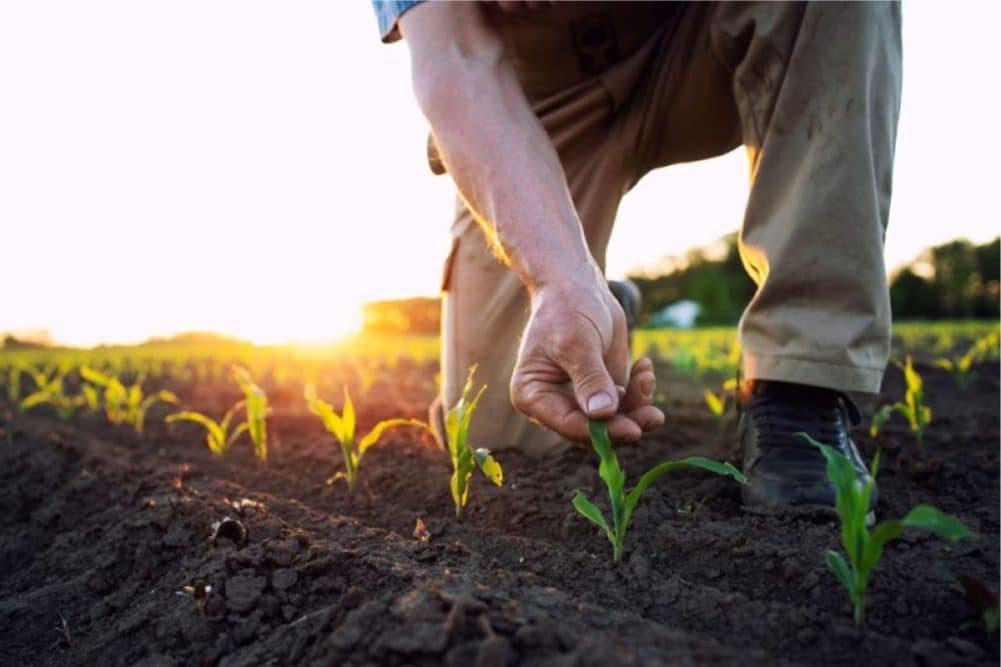
While still accounting for only a modest share of grain-based foods in the United States, the market for organic products has been highly dynamic and must be nurtured and protected. Amid costly episodes of fraud over the last decade and longer, the need for the US Department of Agriculture to strengthen the National Organic Program (NOP) had become apparent.
A final rule published in the Federal Register in January — “National Organic Program, Strengthening Organic Enforcement” — highlights tension between the value of steps to boost confidence that products so labeled are organic with a need to ensure regulations are not excessively onerous for growers, processors or food manufacturers.
The USDA said the market for organic products is growing, but data suggest the category is no runaway train. Gains in the wheat market have been hard fought.
Organic wheat accounts for a minuscule share of total wheat production. The 2021 Certified Organic Survey published by the USDA in December 2022 showed 12.5 million bushels of organic wheat were harvested in 2021, down from 14.2 million bushels in 2019. Harvested area fell sharply, to 377,000 acres from 451,000. The comparison likely was skewed by overall wheat production problems in the 2021 growing season. Organic wheat accounted for 0.76% of all US wheat production in 2021, a modest increase from 0.73% in 2019. While the growth in US production has not been rapid, several leading grain-based foods companies have invested heavily in their ability to serve the market for organic foods.
US sales of organic products reached $21 billion in 2021, according to the USDA, which warned that federal investigations had uncovered episodes of fake organic grain and oilseed claims leading to tens of millions of dollars in fraudulent sales. Because there is no way to definitively prove grains are organic, fraudulent schemes may go undetected for years. For instance, Randall J. Constant, a grower who lived in Chillicothe, Missouri, US, from 2010 to 2017 led a criminal ring that totaled at least $142 million in fraudulent grains sales. Similar episodes were cited by the USDA involving producers in Nebraska, North Dakota and Minnesota, as well as imported grains.
In addition to depressing the value of organic products and disadvantaging producers of organic grains and oilseeds, the prevalence of fraud poses a risk of undermining reputations up and down the organic supply chain, including certifications, principally the one offered by the USDA. Consumers may be reluctant to pay premium prices for organic products if they don’t have confidence in the integrity of the claims.
Key elements in the USDA regulation updates include steps to “reduce the types of uncertified entities in the organic supply chain that operate without USDA oversight — including importers, certain brokers, and traders of organic products” and a requirement for the use of NOP Import Certificates for all organic products entering the United States.
While the latter requirement addresses a major concern over the veracity of organic claims regarding grain products imported into the United States from all over the world, it also raises fears among millers and others who rely on robust trade in organic grains, especially across North America. Canada in 2020 grew organic wheat on 450,000 acres, the same as in the United States in 2019.
The USDA said comments in response to its initial rulemaking included several citing difficulties the Import Certificate requirements would cause for high-volume, high-frequency imports, especially those from Canada and Mexico. The Department granted a request giving certifying agents the authority to determine whether it will issue an NOP Import Certificate for a specific shipment, or for a specific timeframe (e.g., weekly, monthly, season).
Even if organic wheat production remains modest, observers of the baking industry have witnessed the power of Dave’s Killer Bread, an organic product line, to inject energy into the grain-based foods market. The need to build confidence in the organic market while making the organic supply chain more, not less, efficient, is only increasing.
